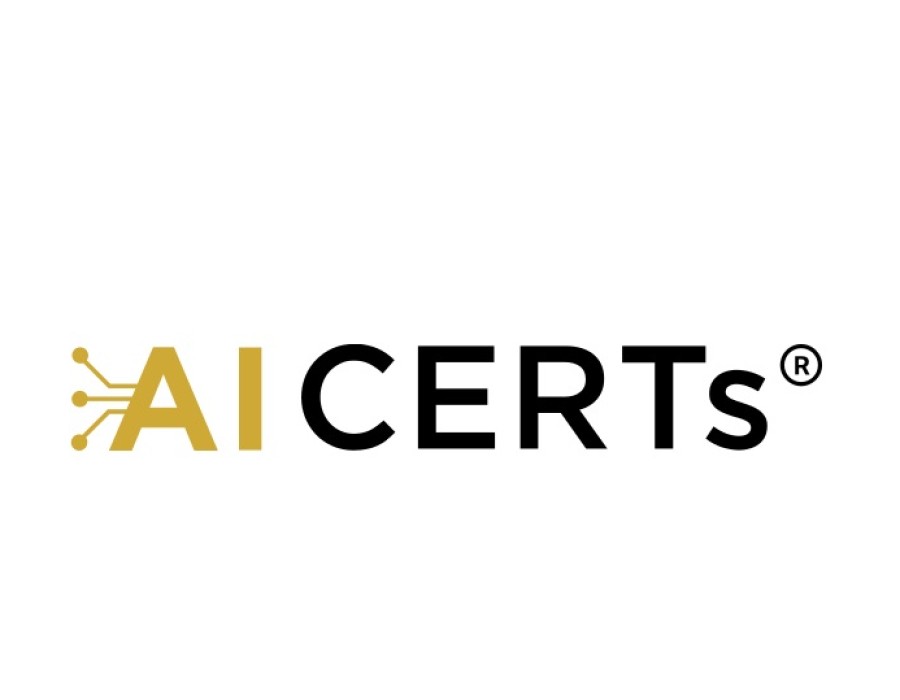In the rapidly evolving world of artificial intelligence, the competitive advantage often belongs to those who adapt early and decisively. The corporate learning and professional development industry is no exception. Training providers are now rethinking how they design, market, and deliver their programs, with a growing emphasis on AI certification programs that cater to specific job functions. These certifications are no longer generic; they are tailored to match the exact skills a role demands—whether in data analysis, product development, customer support, or leadership.
The market shift toward role-based AI learning is more than a trend—it’s a business strategy. Organizations understand that generic AI training often leaves a gap between theoretical knowledge and practical application. In contrast, role-specific certifications ensure learners can immediately implement their new skills in real-world scenarios. This value proposition is driving both large corporations and smart training firms use role-based AI certifications to meet targeted workforce needs.
Why Role-Based AI Certifications Are Different
Role-based certifications differ from traditional courses in that they start with the responsibilities of a specific position and then reverse-engineer the learning path. Instead of teaching a broad set of AI concepts and tools, the curriculum is curated to focus on those that directly enhance performance in that role. For example:
- An AI-powered sales role might require skills in predictive analytics and CRM automation.
- A manufacturing operations manager may need expertise in AI-driven process optimization.
- A cybersecurity analyst would benefit from machine learning models for threat detection.
By aligning learning outcomes with job functions, training providers increase course relevance and learner engagement. Employees see immediate benefits, and employers enjoy faster returns on their investment.
The Power of Strategic Partnerships
Many training businesses lack the in-house expertise or infrastructure to build cutting-edge AI learning content from scratch. To overcome this, they partner with AI vendors and certification leaders who already have established expertise, platforms, and content libraries. These partnerships allow training firms to:
- Access Proven Content – Leveraging existing AI learning materials reduces development time.
- Stay Current with Industry Standards – AI technologies evolve quickly; working with specialized vendors ensures certification content remains relevant.
- Offer Recognized Credentials – Certifications backed by reputable AI companies hold more weight in the job market.
For learners, these collaborations mean they can be confident the skills they are gaining match industry demand. For businesses, it’s a way to stand out from competitors still relying on generic training approaches.
The Growing Demand for AI Skills Certification
The demand for ai skills certification is fueled by a widening AI talent gap. Companies across industries—from finance to healthcare—are investing heavily in AI integration, but many struggle to find professionals with both domain expertise and AI fluency. Role-based AI certifications bridge this gap by targeting training to the realities of the workplace.
Employees gain not only technical capabilities but also contextual understanding. For example, a marketing professional learning AI for customer segmentation doesn’t just understand the algorithm—they also know how to translate the output into campaigns that resonate with target audiences.
Smart Training Firms Are Future-Proofing Their Business Models
Forward-thinking training companies recognize that AI skills are not a one-time upgrade; they require continuous learning. Role-based certifications can be offered as modular, stackable pathways, allowing professionals to upskill progressively as their careers evolve.
These firms also see the financial upside. By offering certifications tailored to industries or even specific companies, they can command premium pricing and build long-term client relationships. For corporate clients, this approach ensures their teams are not just AI-aware, but AI-effective in their day-to-day responsibilities.
Conclusion
The shift toward role-based AI certifications marks a pivotal moment in the training industry. By moving away from one-size-fits-all programs and embracing partnerships with specialized AI experts, training providers can deliver targeted, impactful learning experiences. This approach not only addresses the AI talent shortage but also strengthens the competitive positioning of training businesses in a crowded marketplace. As industries continue to integrate AI into their operations, role-specific learning will be the gold standard for developing practical, job-ready expertise.




.jpg)

Comments